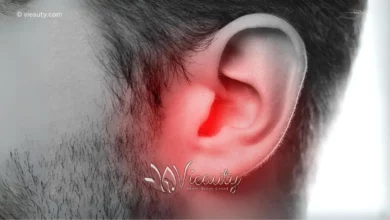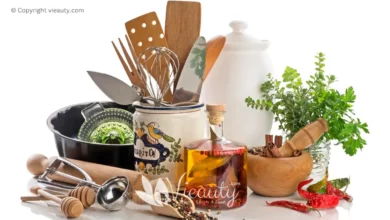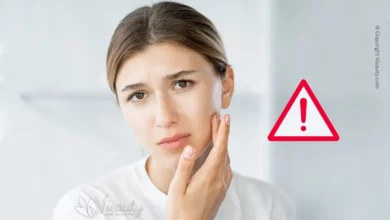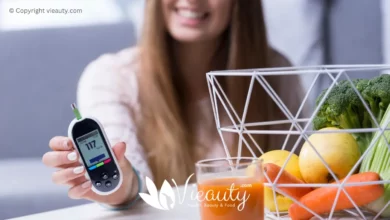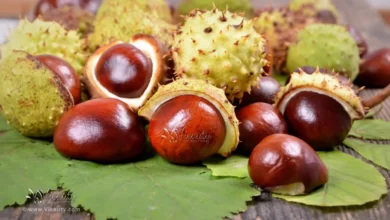Glow Up: The Ultimate List of Top 10 Home Remedies for Clear Skin
Natural Beauty: Unlocking the Top 10 Home Remedies for Clear and Luminous Skin
In this article, we’ll explore the top 10 home remedies for clear skin that you can try today. These remedies are easy to find at home or at your local grocery store, and they offer a range of benefits without harsh chemicals or side effects. With a little bit of effort and patience, you can achieve the clear, healthy skin you’ve always wanted.
The desire for clear, glowing skin is a universal one. While there are countless products on the market promising to deliver flawless results, many people prefer using natural remedies to achieve a vibrant, radiant complexion. Home remedies are safe, affordable, and often more effective in the long run.
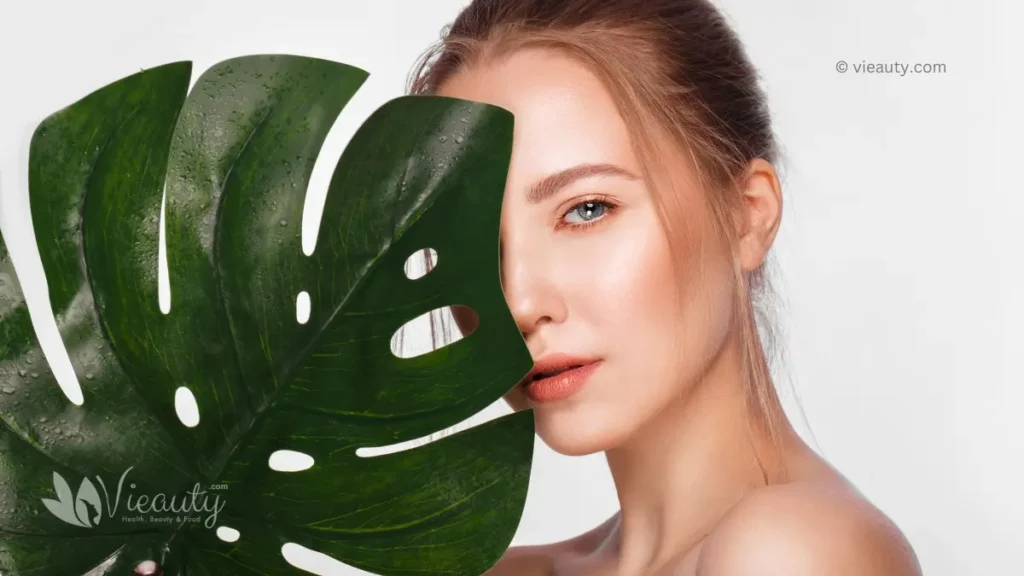
Top 10 Home Remedies for Clear Skin
Whether you’re dealing with acne, hyperpigmentation, or dullness, there are plenty of time-honored remedies that work wonders on the skin.
#1: The Aloe Vera
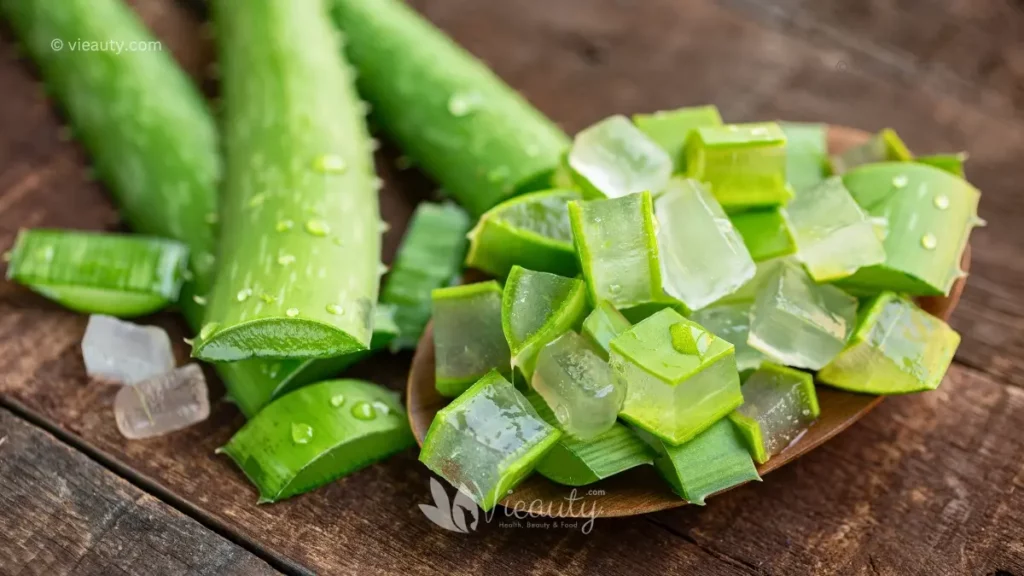
Aloe vera is a natural ingredient that is very popular for its healing and soothing properties. It contains various bioactive compounds that have anti-inflammatory and antimicrobial properties, making it an effective home remedy for acne. Aloe vera has been used for centuries to treat various skin conditions, including acne.
To use aloe vera for acne, you can either buy aloe vera gel from the store or extract the gel from the aloe vera plant. Simply apply the gel directly to the affected area and leave it on for about 15-20 minutes before washing it off with water. Aloe vera can also be used as a moisturizer to keep your skin hydrated and prevent dryness, which is important for preventing acne.
Apart from its acne-fighting properties, aloe vera also helps to reduce inflammation and redness associated with acne. It also contains antioxidants that help to repair damaged skin cells and promote healthy skin. Aloe vera is a gentle and natural ingredient that is suitable for all skin types, including sensitive skin.
However, it is important to note that aloe vera may not work for everyone and may cause allergic reactions in some people. It is recommended to do a patch test before using aloe vera on your face to check for any adverse reactions. Additionally, it is always best to consult with a dermatologist before trying any new home remedies for acne.
#2: Tea Tree Oil
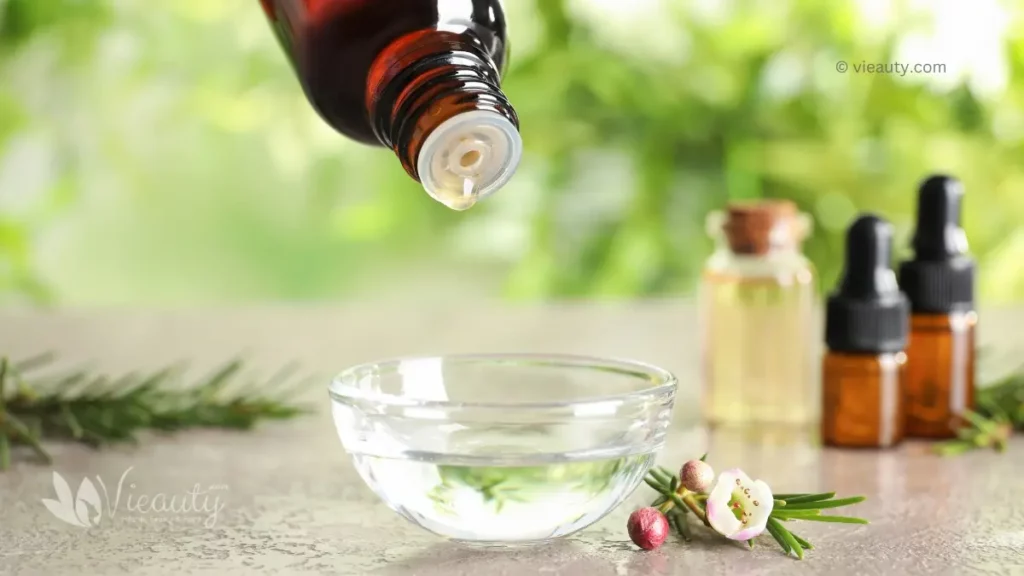
Tea tree oil is a popular essential oil that has been used for years to treat different skin conditions, including acne. It has anti-inflammatory and antimicrobial properties that can help reduce the inflammation and redness caused by acne, as well as kill the bacteria that cause acne breakouts.
To use tea tree oil for acne, you can dilute it with a carrier oil, such as jojoba oil or coconut oil, and apply it directly to the affected areas. It’s important to remember to dilute tea tree oil before applying it to your skin, as undiluted oil can be too harsh and cause irritation.
Another way to use tea tree oil for acne is to add a few drops to your daily moisturizer or toner. This will help prevent future breakouts and keep your skin clear and healthy.
It’s worth noting that tea tree oil may not work for everyone, and some people may experience irritation or allergic reactions. If you have sensitive skin, it’s always best to do a patch test before using any new product or ingredient on your face.
In summary, tea tree oil is a natural and effective remedy for acne-prone skin. With its anti-inflammatory and antimicrobial properties, it can help reduce inflammation and kill the bacteria that cause acne. Just remember to dilute it before applying it to your skin, and if you experience any irritation, discontinue use and speak to a dermatologist.
#3: The Honey

Honey is a well-known natural remedy for a wide range of skin problems, including acne. It is a natural humectant, which means it helps to keep the skin hydrated and moisturized. It also has antibacterial properties, which can help to reduce inflammation and redness associated with acne breakouts.
To use honey as an acne treatment, start by washing your face with warm water to open up your pores. Then, apply a thin layer of honey to your face, making sure to cover any areas affected by acne. Leave the honey on for 10 to 15 minutes, then rinse it off with warm water and pat your skin dry.
For an extra boost, you can mix honey with other natural ingredients that are also known for their acne-fighting properties. For example, you could mix honey with cinnamon to create a powerful antibacterial face mask. Alternatively, you could mix honey with lemon juice to help brighten your skin and reduce the appearance of acne scars.
Overall, honey is a safe and effective natural remedy that can help to clear up acne and improve the overall health of your skin. It is also easy to use and widely available, making it a great choice for anyone looking for a natural solution to their acne woes.
#4: The Coconut Oil
Coconut oil has been used for centuries as a natural moisturizer, and it also has antimicrobial and anti-inflammatory properties that can help to treat acne. It is high in lauric acid which helps to kill the bacteria that causes acne.
To use coconut oil for acne, simply apply a small amount of coconut oil to the affected area before bed and leave it on overnight. In the morning, wash your face as usual. You can also mix a few drops of tea tree oil with coconut oil and apply it to your face as a spot treatment. Tea tree oil is a natural antiseptic that can help to reduce inflammation and kill acne-causing bacteria.
While using coconut oil for acne can be effective, it is important to note that it may not work for everyone. Additionally, if you have oily skin, coconut oil may not be the best option for you as it can clog pores and lead to more breakouts. As with any home remedy, it is always a good idea to do a patch test on a small area of skin before using it on your face.
#5: The Turmeric
Turmeric is a spice commonly used in Indian cuisine that has been shown to have many health benefits, including being an effective home remedy for acne. It contains curcumin, which has potent anti-inflammatory and antioxidant properties that can help reduce inflammation and redness associated with acne.
One way to use it for acne is to make a paste out of it. Simply mix one teaspoon of turmeric powder with a few drops of water or honey to make a thick paste. Apply the paste to your face and leave it on for about 10-15 minutes before rinsing it off with warm water.
Another way to use this remedy for acne is to mix it with other natural ingredients. For example, you can mix one teaspoon of turmeric powder with one tablespoon of plain yogurt and one teaspoon of honey to make a face mask.
Place the mask onto your face and keep it for approximately 10-15 minutes prior to washing it away using warm water. Bear in mind that it has the potential to leave marks on clothes and other areas, so be cautious when using it. Also, some people may be allergic to it, so it’s a good idea to do a patch test before applying it to your face. If you experience any redness or irritation, discontinue use immediately.
Overall, turmeric is a great natural remedy for acne-prone skin. Its anti-inflammatory and antioxidant properties can help reduce inflammation and redness, leading to clearer, healthier-looking skin.
#6: Cinnamon
Cinnamon is an excellent spice that is not only used for cooking but also has many health benefits, including its ability to fight acne. The properties of cinnamon include antimicrobial characteristics that combat bacteria, which is a primary contributor to acne. In addition, it has anti-inflammatory features that help diminish reddening and inflammation caused by acne.
To use cinnamon as a home remedy for acne, you can make a cinnamon and honey mask. Simply mix one teaspoon of cinnamon powder with two teaspoons of honey to make a paste. Apply this paste to your face and leave it on for 10-15 minutes before rinsing it off with warm water.
Another way to use cinnamon for acne is to mix it with lemon juice. Lemon juice is a natural astringent that helps to tighten pores and reduce excess oil on the skin. Spread the paste onto your facial skin and allow it to soak in for 10-15 minutes, then remove it by rinsing with warm water.
Alternatively, combine cinnamon with lemon juice to treat acne. Lemon juice, being a natural astringent, helps to close up pores and minimize skin oiliness.
Always do a patch test before using cinnamon on your face and start with a small amount. If you experience any redness or irritation, discontinue use.
#7: The Lemon Juice

Lemon juice is a natural astringent and it’s great for treating acne-prone skin. It helps to unclog pores and dry out any excess oil on your skin, which can lead to the formation of pimples. Lemon juice is also rich in Vitamin C, which helps to brighten the skin and reduce inflammation caused by acne.
To use lemon juice to treat acne, simply squeeze some fresh lemon juice onto a cotton ball or pad and apply it to your face. Keep it on for 10-15 minutes before washing it off with warm water.
You can also mix lemon juice with honey or aloe vera gel to make a face mask that will help soothe and hydrate your skin while also fighting acne.
It’s important to note that lemon juice can be quite strong and may irritate sensitive skin, so it’s always a good idea to do a patch test before applying it to your entire face. Also, be sure to avoid going out in the sun immediately after using lemon juice on your skin as it can make your skin more sensitive to sunlight. With regular use, lemon juice can be a powerful tool in your acne-fighting arsenal.
#8: Apple Cider Vinegar
Apple cider vinegar has been used as a natural remedy for a variety of ailments for centuries, and it’s also an effective treatment for acne-prone skin. The vinegar contains alpha-hydroxy acids that work to unclog pores and remove dead skin cells, which can lead to clearer skin. Furthermore, apple cider vinegar possesses anti-inflammatory attributes that aid in decreasing the occurrence of redness and swelling attached.
To use apple cider vinegar as a treatment for acne, simply mix one part vinegar with three parts water and apply the mixture to your face after cleansing. Be sure to avoid any open wounds or broken skin, as the vinegar can sting. Leave the mixture on for five to ten minutes before rinsing off with cool water. You can use this treatment up to three times per week, but be sure to moisturize afterward, as the vinegar can be drying.
Another way to use apple cider vinegar for acne is by drinking it. Add one tablespoon of vinegar to a glass of water and drink it once per day. This can help to balance your body’s pH levels, which can lead to clearer skin.
Overall, apple cider vinegar is a natural and inexpensive way to treat acne at home. However, if you have sensitive skin or experience any irritation, be sure to discontinue use and speak with a dermatologist.
#9: The Green Tea
Green tea is not only a great antioxidant but it also has anti-inflammatory properties that can help reduce acne. Green tea helps to reduce redness, swelling, and inflammation, and it also helps to prevent future breakouts. The EGCG (epigallocatechin-3-gallate) in green tea helps to reduce sebum production, which is one of the main causes of acne.
To use green tea for acne treatment, you can steep a green tea bag in hot water for 3-4 minutes and then let it cool down. Once the tea has cooled, you can use a cotton ball or pad to apply the tea to your face. Keep the green tea on your face for approximately 10-15 minutes and subsequently wash it off with cold water.
You can use green tea as a toner or a facial mist throughout the day to keep your skin fresh and hydrated.
Alternatively, you can mix green tea leaves with honey and apply the mixture to your face as a face mask. Leave the mask on for 15-20 minutes and then rinse off with cool water. This mask will not only help to reduce acne but it will also leave your skin feeling soft and smooth. Green tea is a natural and effective home remedy for acne and with its regular use, you can achieve clearer and healthier skin.
#10: Baking Soda
Baking soda is a common household item that is also known for its acne-fighting properties. It works by exfoliating the skin and removing dead skin cells, excess oil, and dirt that can clog pores and cause breakouts. Additionally, baking soda has anti-inflammatory properties that can help soothe irritated skin and reduce redness.
To use baking soda as an acne treatment, simply mix a small amount of baking soda with water to form a paste. Apply the paste to the affected area, being careful to avoid the eyes, and leave it on for 10-15 minutes before rinsing off with warm water. You can repeat this process once or twice a week.
It’s important to note that baking soda can be harsh on the skin, so it should not be used too frequently or on sensitive skin. Also, be sure to moisturize your skin after using baking soda to prevent dryness.
Overall, baking soda can be an effective and affordable acne treatment for those looking for a natural remedy. However, it’s always best to consult with a dermatologist before trying any new skincare products or treatments.
Final Thoughts
Clear skin requires dedication, consistency and attention to detail. There are many home remedies for achieving clear skin, but the top 10 remedies are particularly effective in eliminating blemishes, reducing inflammation, and improving overall complexion.
Each remedy should be used with caution, as they may cause irritation when used too frequently or without proper guidance. It is important to consult a dermatologist to determine which remedies are best suited for your individual needs.

